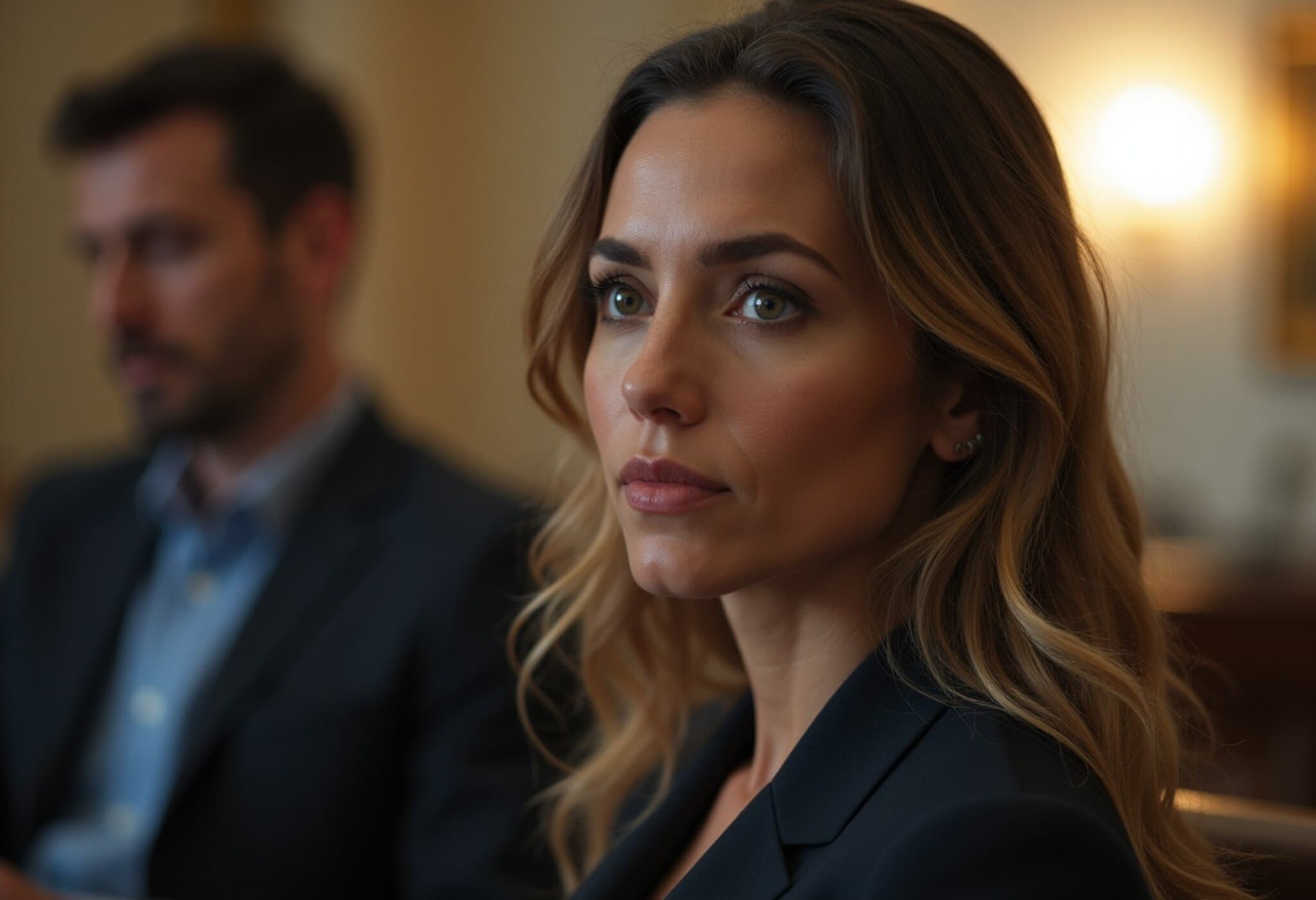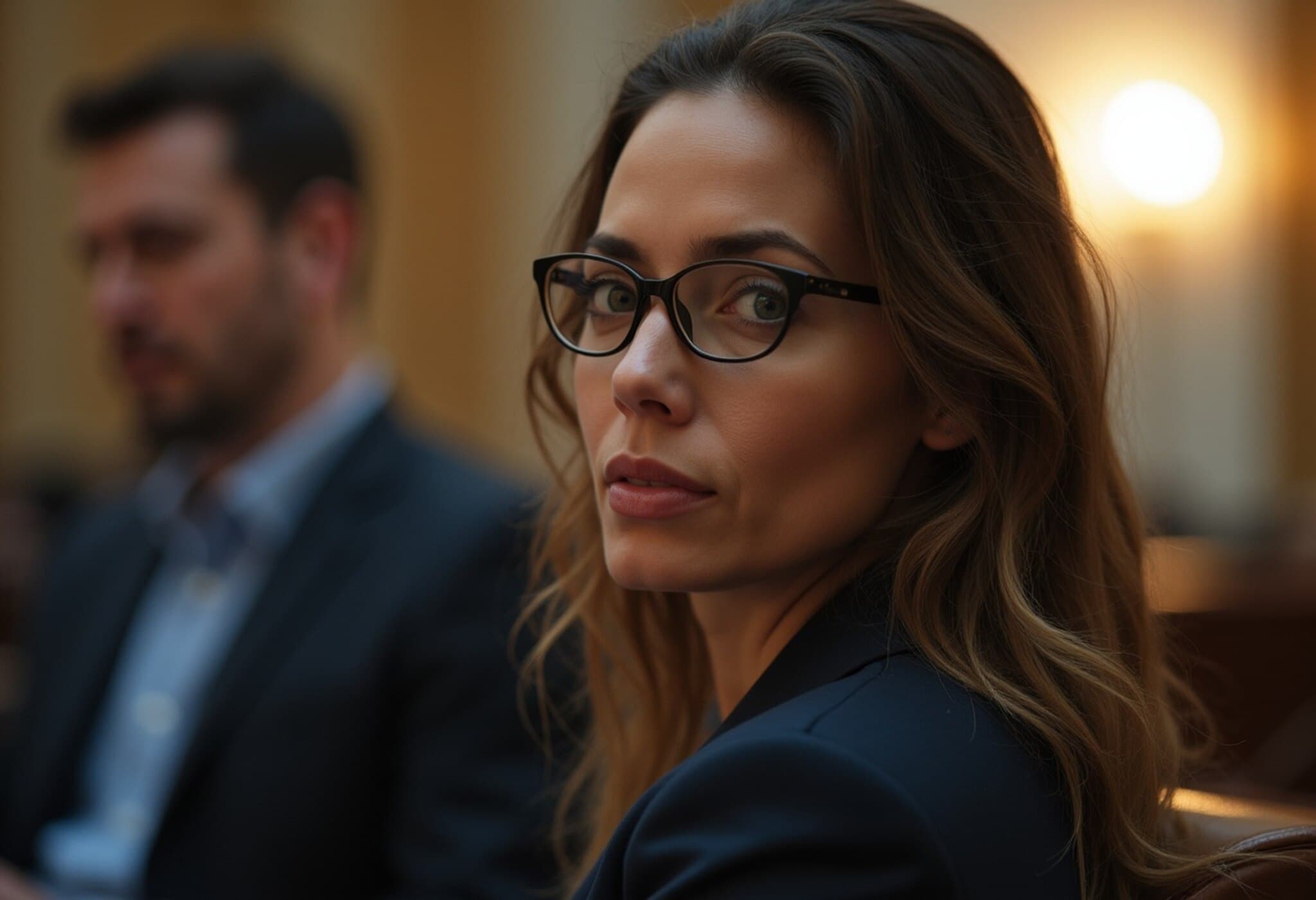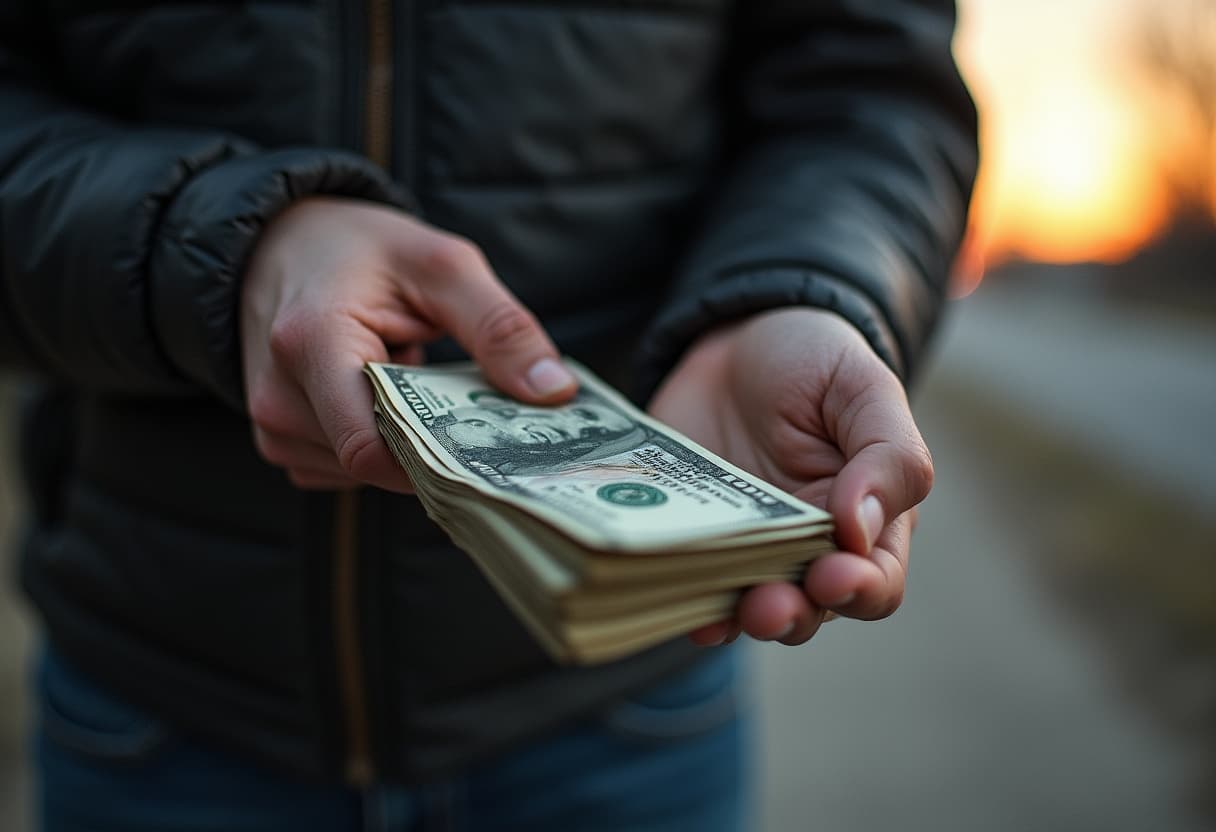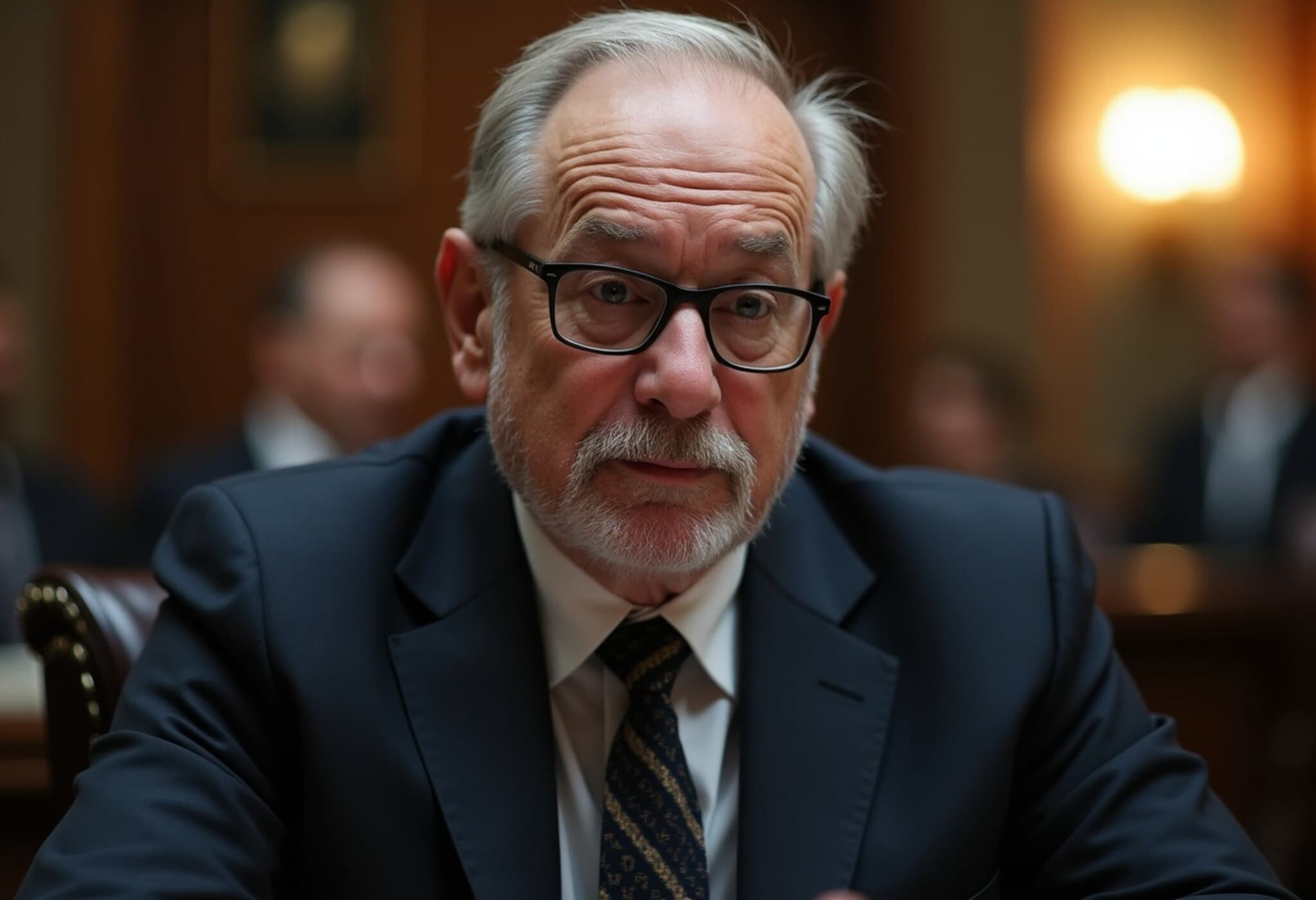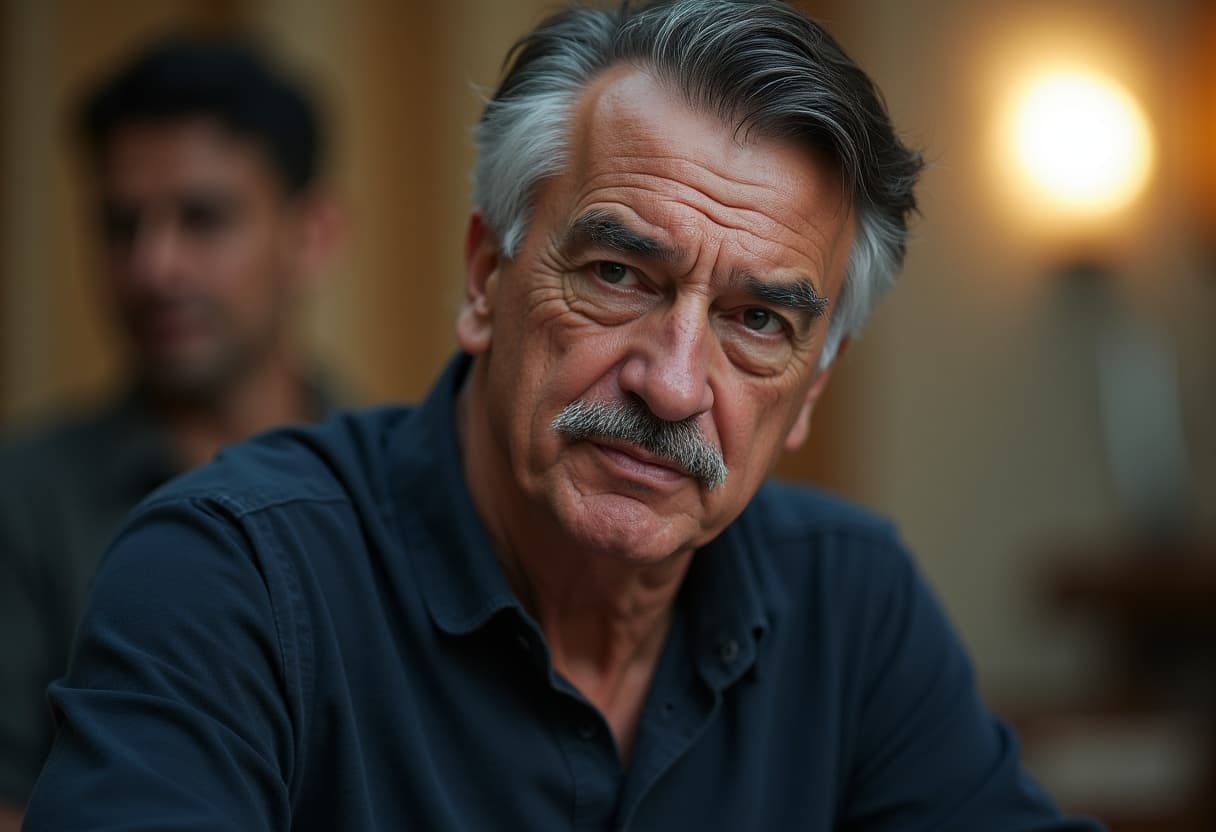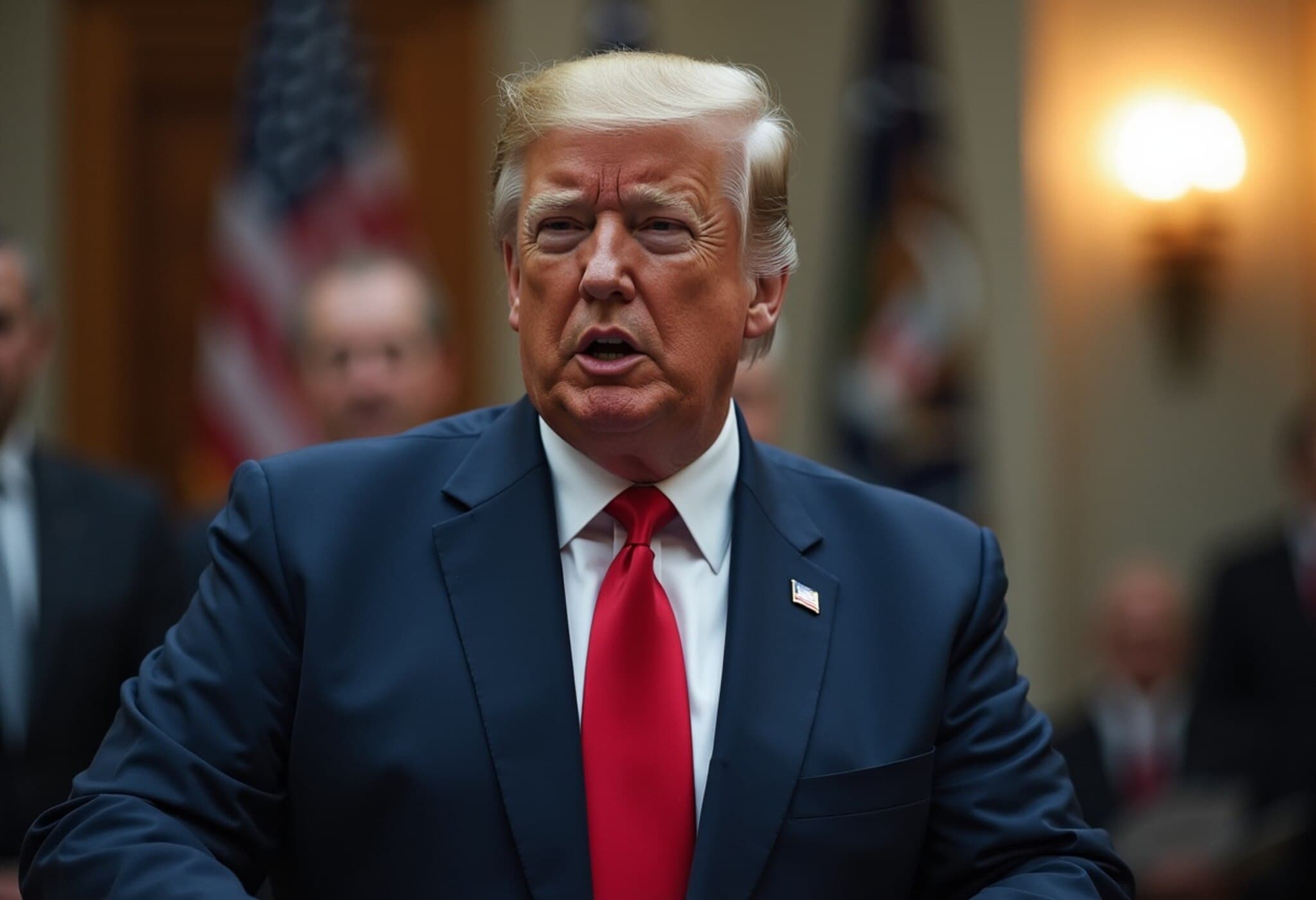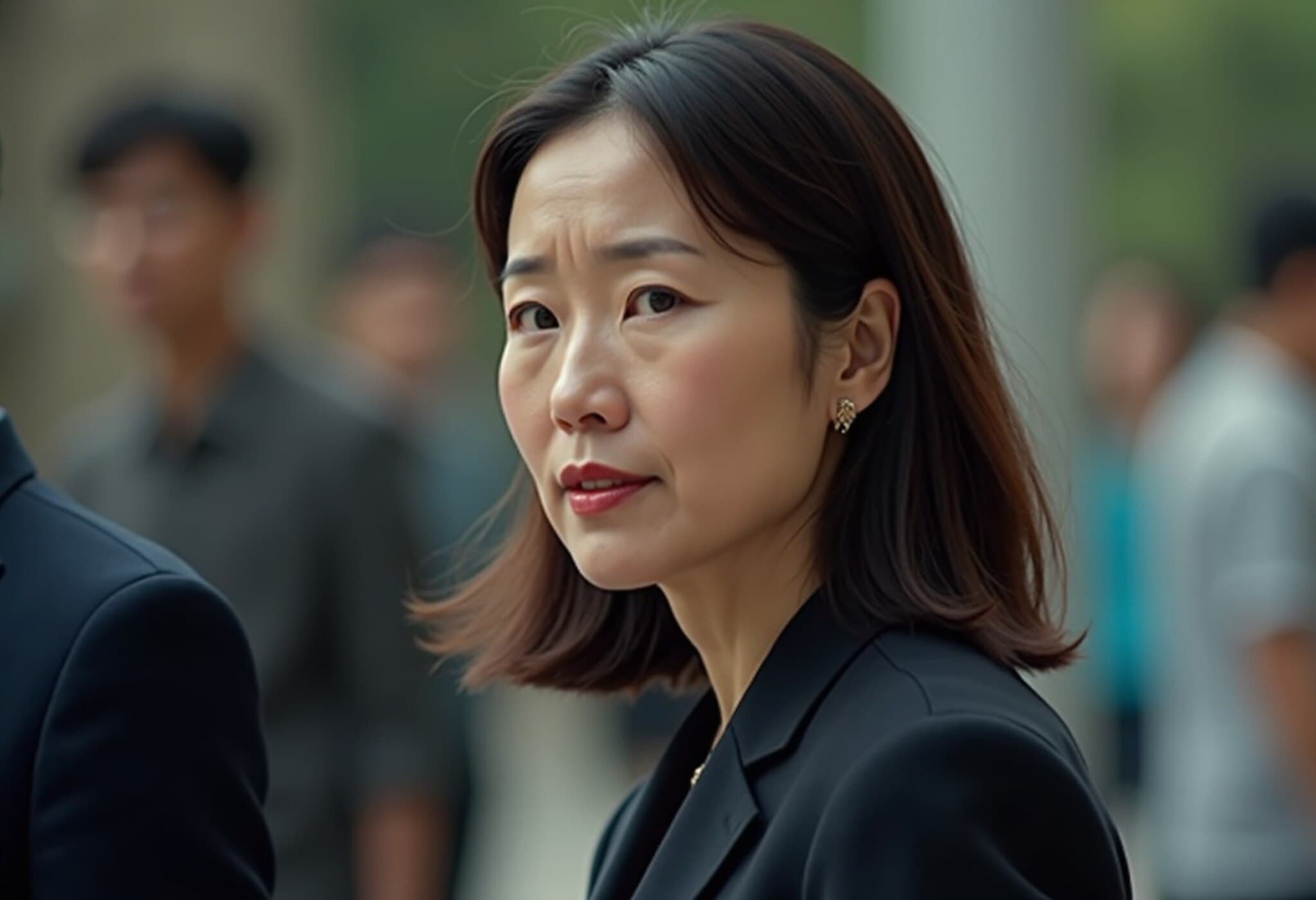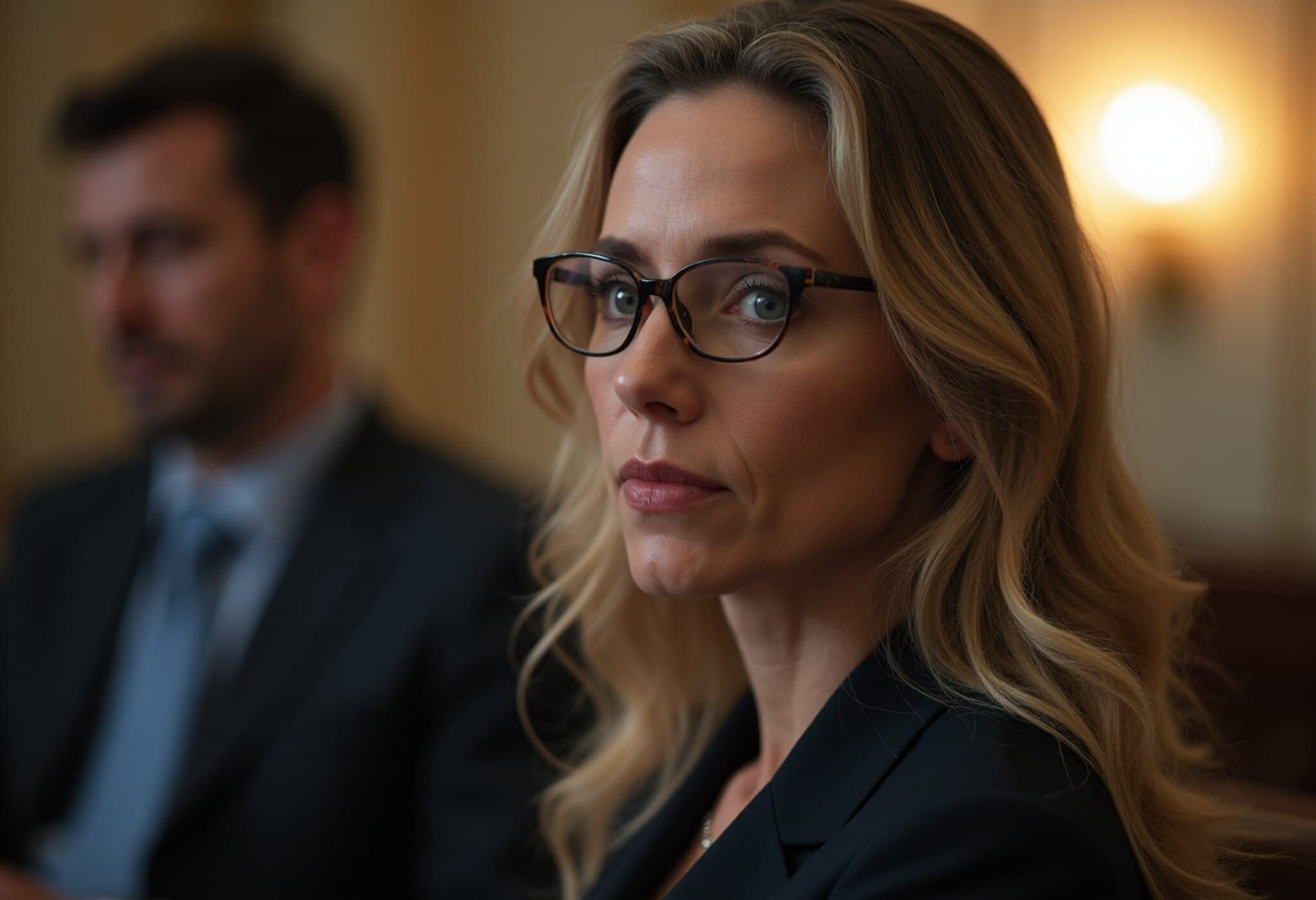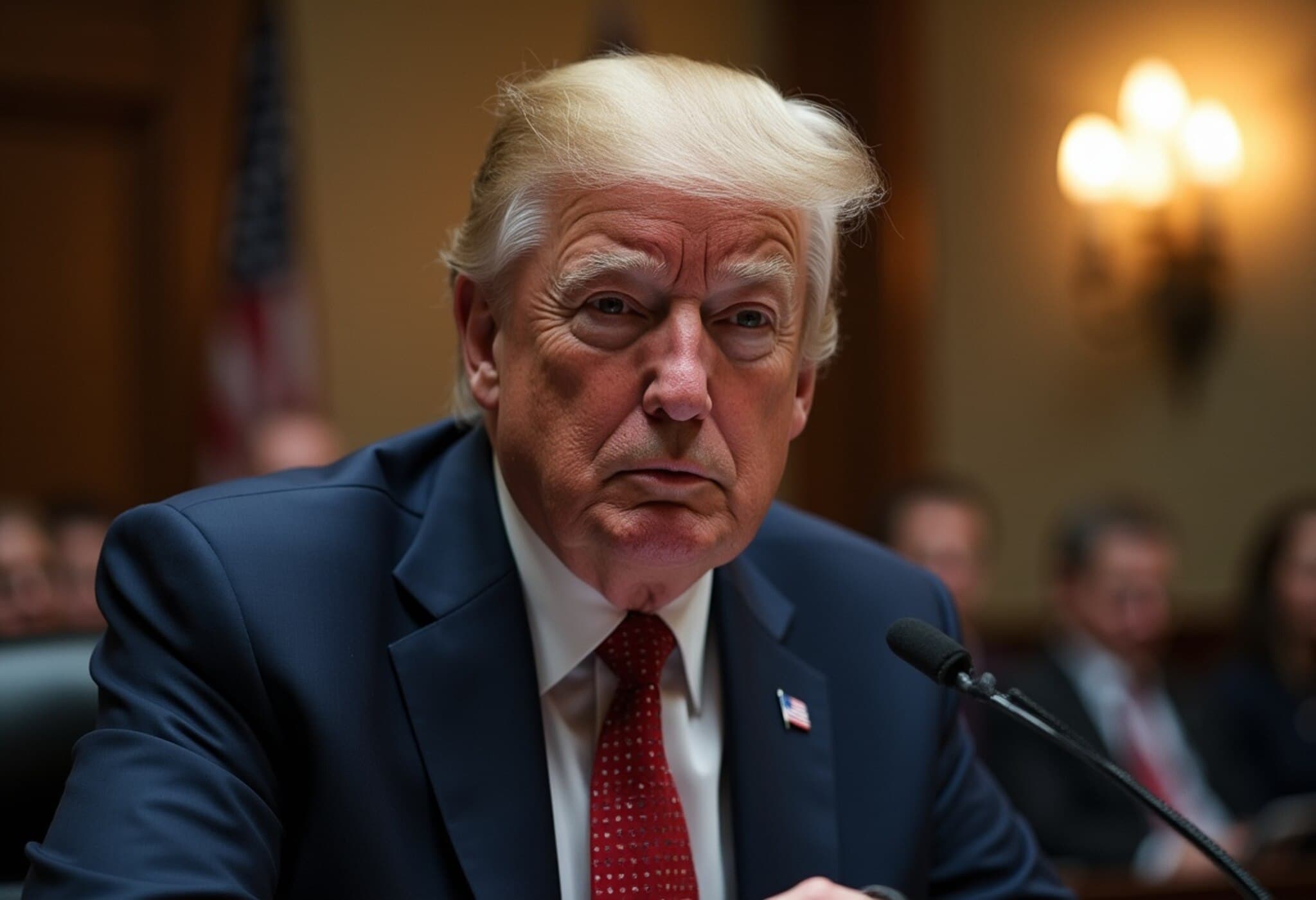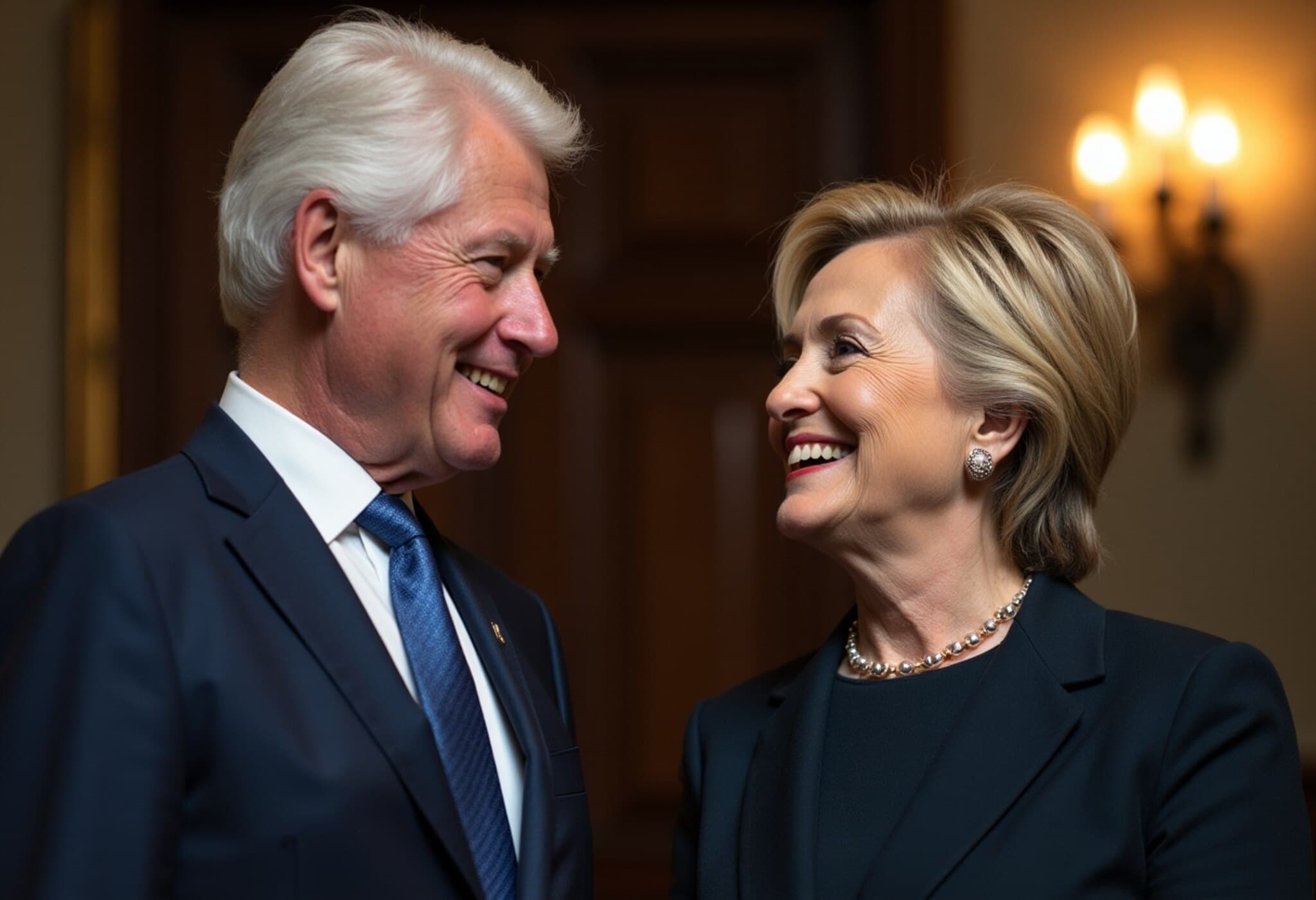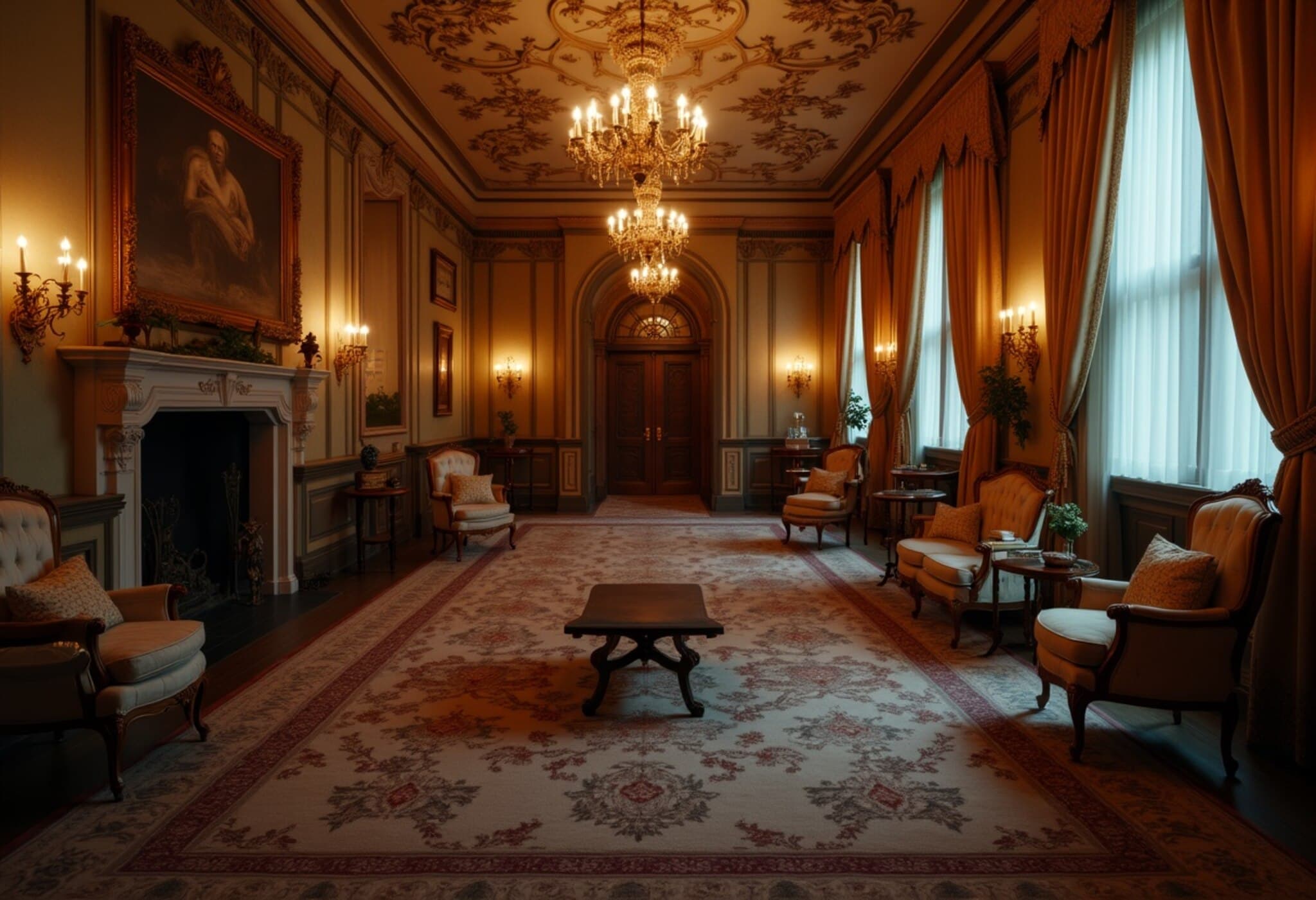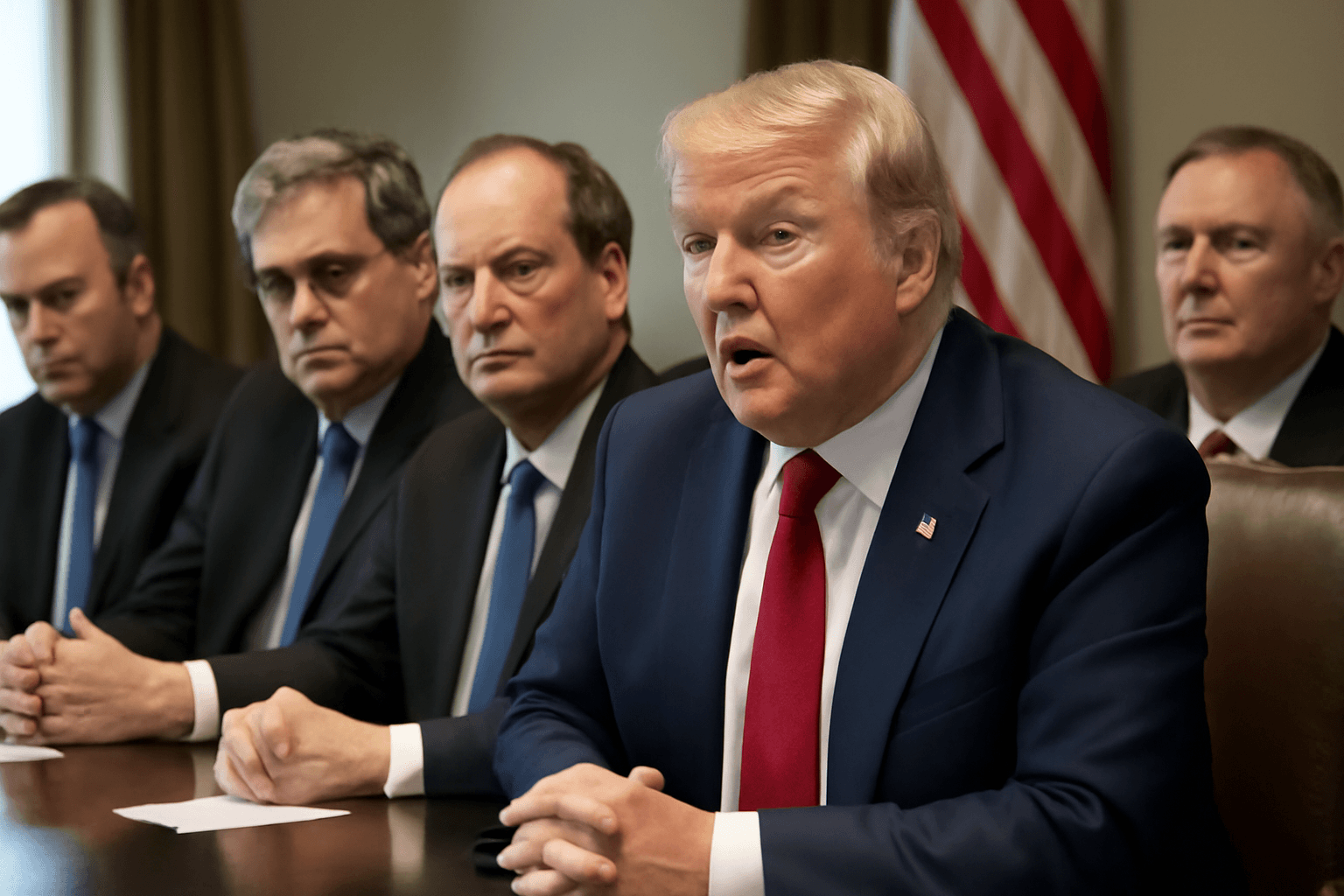Federal Judge Denies Request to Unseal Ghislaine Maxwell Grand Jury Transcripts
In a significant ruling on August 11, 2025, a federal judge in New York has declined to release the secret grand jury transcripts that led to the indictment of Ghislaine Maxwell, Jeffrey Epstein's confidante, on sex trafficking charges. The judge’s decision underscores the judiciary’s commitment to preserving the confidentiality fundamental to grand jury proceedings.
Preserving Grand Jury Secrecy Amid Public Pressure
Judge Paul A. Engelmayer cautioned against what he described as the government’s wish for “casual or promiscuous” disclosure of grand jury materials. Such exposure, he warned, could erode public trust in the legal process and deter witnesses from forthcoming testimony in the future. Although much of the evidentiary information has already been made public during Maxwell’s 2021 criminal trial and civil lawsuits, the secret testimonies themselves remain protected.
“It is no answer to argue that releasing the grand jury materials, because they are redundant of the evidence at Maxwell’s trial, would be innocuous,” the judge noted, emphasizing that repetition does not diminish the need for secrecy.
Contextualizing the Epstein Investigation’s Legal Nuances
The Department of Justice, Maxwell's defense attorneys, and survivors of Epstein and Maxwell's abuse were consulted but the ultimate ruling favored confidentiality. Notably, the transcripts reportedly contain only testimonies from law enforcement officers, rather than victim statements, according to the Justice Department. This makes the potential benefits of unsealing them less clear-cut.
Brad Edwards, a Florida lawyer representing nearly two dozen Epstein survivors, highlighted a crucial point: “The grand jury materials contain very little in the way of evidentiary value anyway.” He agreed that if any release were to occur, protecting victims’ identities and dignity would be paramount.
Continuing Calls for Transparency Amid Lingering Conspiracies
Despite the ruling, public demand for transparency remains high. The Epstein case, marked by Epstein’s 2019 death in jail and Maxwell’s subsequent conviction, has been a relentless source of conspiracy theories and political tension.
President Donald Trump, who had questioned Epstein's death, initially encouraged efforts to unseal grand jury records to shed light on suspected cover-ups protecting influential figures. However, his administration ultimately announced that no new documents, including the much-rumored “client list,” would be released. This backtracking has only intensified debates around accountability and secrecy in high-profile criminal investigations.
Meanwhile, congressional scrutiny of the Justice Department continues, with the House Oversight Committee issuing subpoenas for files and testimony from former President Bill Clinton, former Secretary of State Hillary Clinton, and other senior officials linked to the case. Both Clinton and Trump have publicly denied knowledge of Epstein’s crimes.
Maxwell’s Position and the Ongoing Appeal
Now incarcerated in a federal prison camp in Texas, Maxwell is appealing her conviction. Her legal team opposes unsealing grand jury materials, claiming that she has not seen the transcripts but believes they contain questionable statements she couldn’t challenge.
Expert Insight: The Balancing Act Between Justice and Privacy
The judge’s decision highlights the delicate balance courts must strike between public interest and the sanctity of legal processes. Grand jury secrecy serves not only to protect accused individuals before trial but also to preserve witnesses’ willingness to cooperate without fear of public exposure or retaliation. However, in cases as high profile as Epstein-Maxwell, the public’s right to transparency collides sharply with these protections.
This ruling is a reminder that the mechanisms designed to ensure fair trials can sometimes frustrate demands for accountability, especially in cases that intertwine politics, fame, and trauma. The judiciary’s prioritization of procedural safeguards invites critical reflection on how justice systems can evolve to better serve victims and public trust simultaneously.
Summary and Future Developments
- Judge Paul Engelmayer blocks unsealing of grand jury transcripts from Maxwell’s indictment.
- Decision reinforces grand jury secrecy despite public and political pressure.
- Justice Department acknowledges transcripts contain only law enforcement testimonies.
- House Oversight Committee pursues further investigation into Epstein case through subpoenas.
- Ghislaine Maxwell continues to appeal her conviction while opposing transcript disclosure.
Editor’s Note
The Epstein saga remains an intricate tapestry of justice, secrecy, and political controversy. While this ruling safeguards the legal principle of grand jury confidentiality, it also raises essential questions about transparency in cases involving powerful individuals accused of grave crimes. How can the justice system honor victims’ voices without compromising due process protections? And how might future reforms address the tension between public accountability and the rights of the accused? As this story unfolds, these are critical considerations for policymakers, legal experts, and the society at large.

